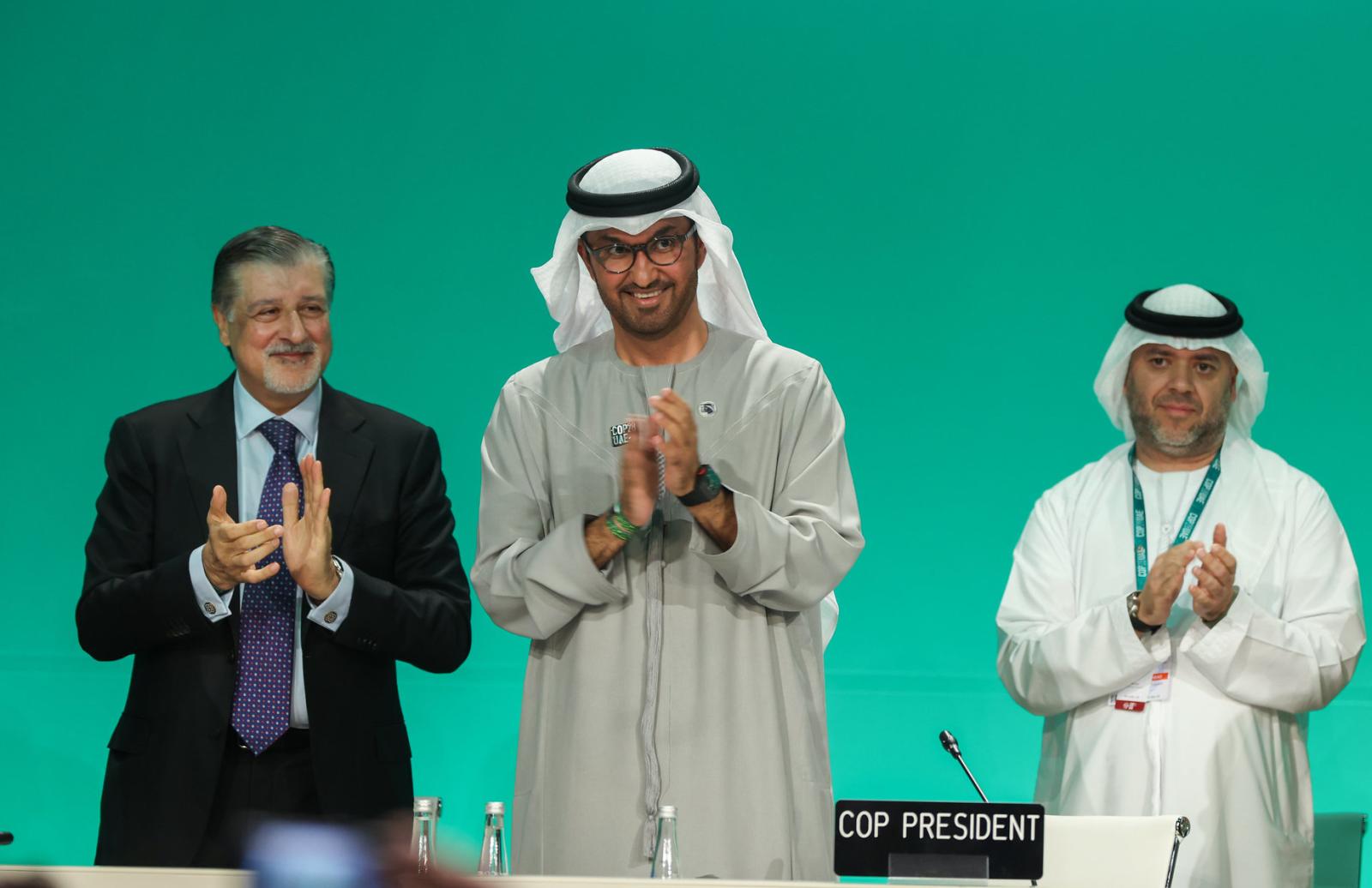
Le due classifiche che mettiamo a confronto sono quelle relative alla spesa per abitante in ricerca scientifica e tecnologica dei paesi dell’Unione europea (più la Svizzera) e quella della ricchezza di questi paesi, espressa in termini di Pil-pro capite (ovvero il reddito medio di un cittadino). La sovrapposizione è pressoché perfetta. Se si eccettuano i casi del Lussemburgo (paese piccolo, con fonti di reddito cospicue non legate alla produzione industriale o agricola) e dell’Irlanda (paese con un particolare regime fiscale in grado di attrarre grandi imprese straniere) i paesi che investono di più in R&S sono gli stessi con una ricchezza pro-capite maggiore. Non è semplice dire, di primo acchito, quale sia la causa e quale l’effetto. In realtà i due processi – investimenti in ricerca e aumento della ricchezza – coevolvono e si sostengono a vicenda. Tuttavia studi interdisciplinari dimostrano che gli investimenti in ricerca sono tra i più produttivi in assoluto.



